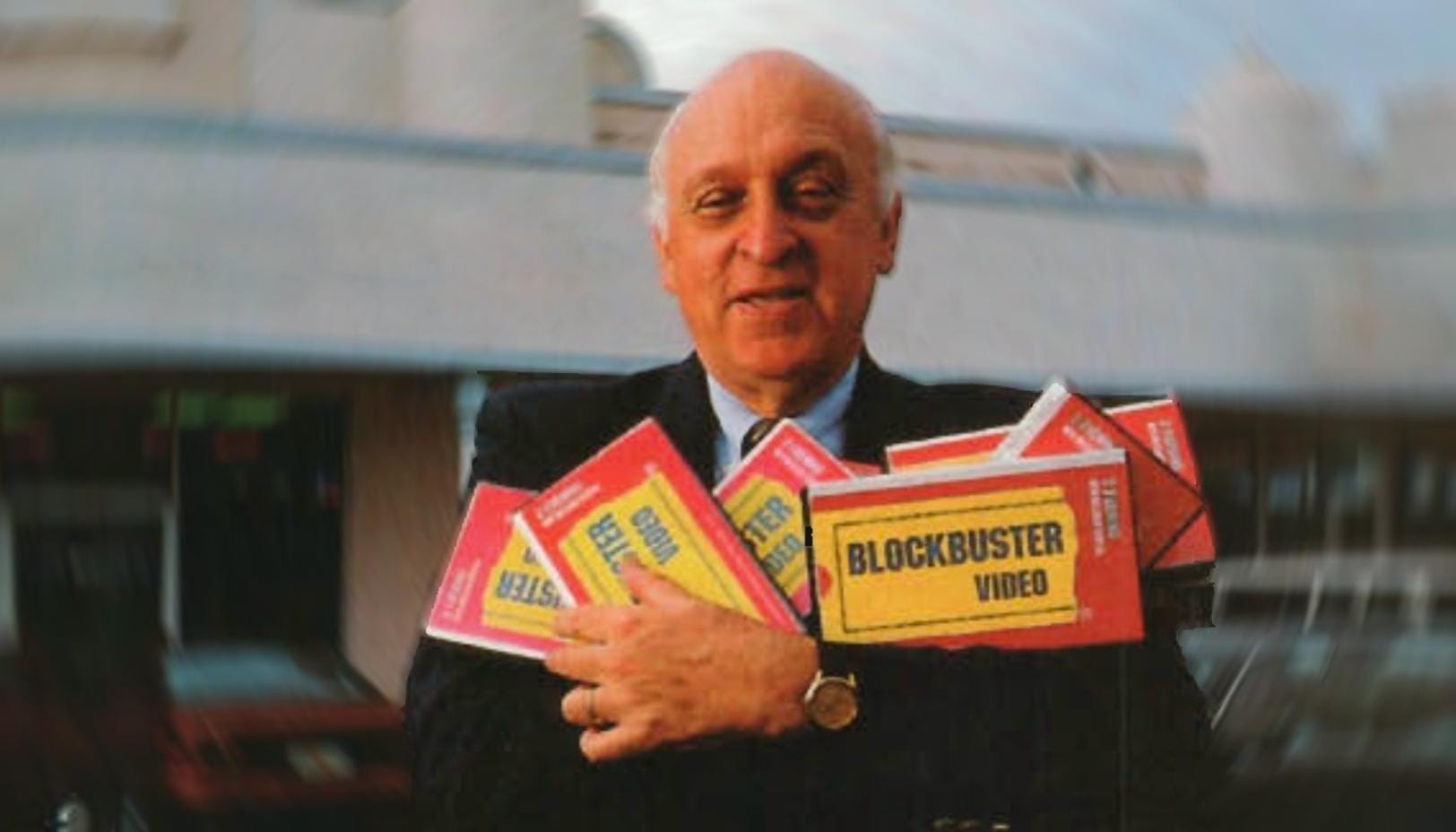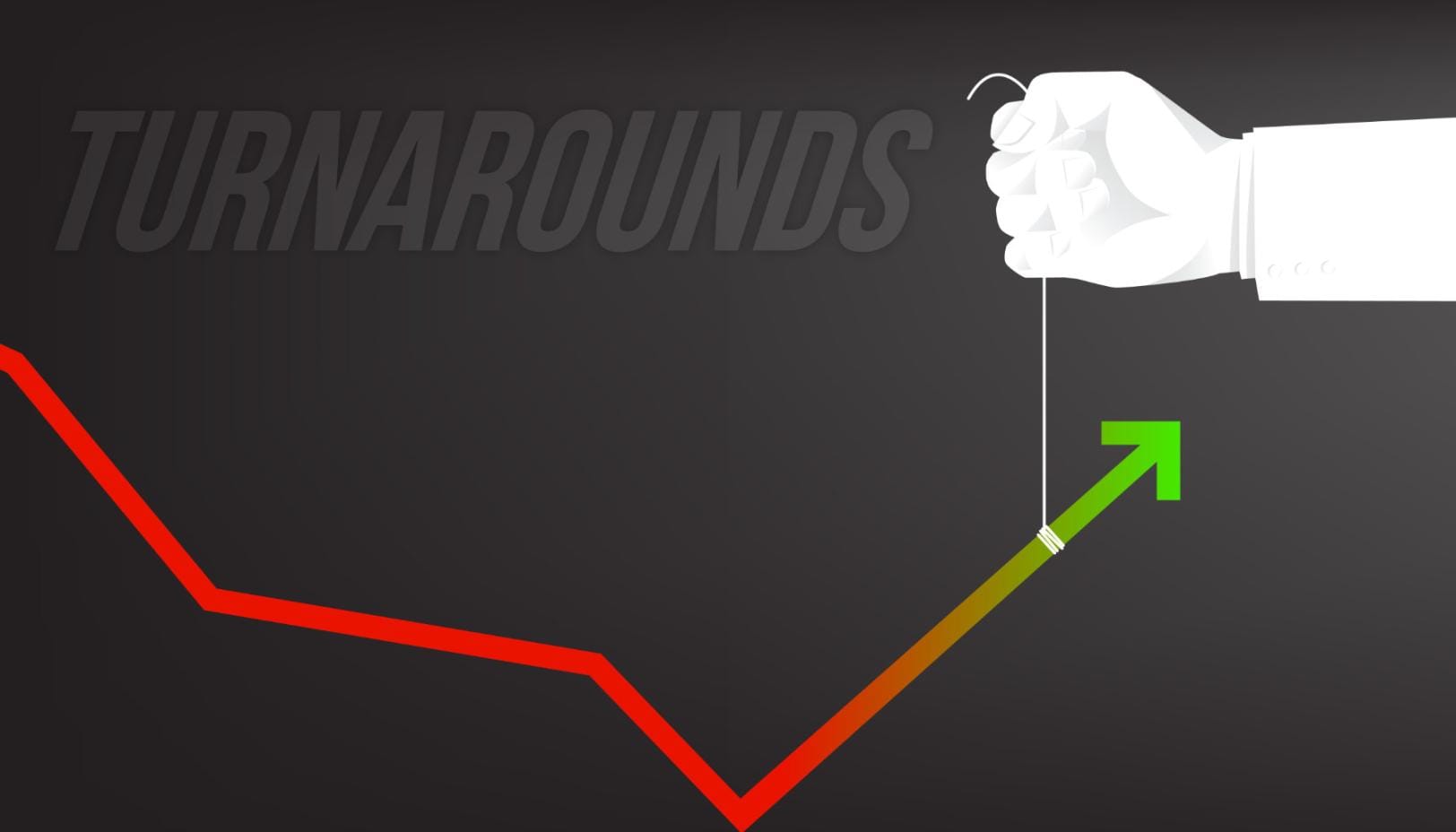
But We Are Long-Term Investors
It's often how you react (or don't) to the same situations that shows you how much you’ve grown.
Sometimes you evaluate how lucky you are by how unlucky you are. I’m not a trader, but sometimes I try to act like one. I was trading a couple microcap biotech stocks in 2009. I was looking for biotechs that the street thought had less than a 50% shot

Sometimes you evaluate how lucky you are by how unlucky you are. I’m not a trader, but sometimes I try to act like one. I was trading a couple microcap biotech stocks in 2009. I was looking for biotechs that the street thought had less than a 50% shot at gaining FDA approval. I would buy them 3-4 months before their FDA decision. In a lot of cases the stocks would gradually increase in price leading up to the decision and you could make 10-50%.
One of these companies was Vanda Pharmaceuticals (VNDA). If I remember correctly their drug had less than 10% chance of gaining approval. I bought 10,000 shares at $0.75 in February 2009 and it slowly but surely rose to $1 by the end of April. I sold two days prior to the FDA decision date. I made $3,000 and I took the stock off my screen. Winning!
Three days later I got a call from a friend of mine who also bought VNDA when I did. The key difference was he forgot to sell it. To the amazement of everyone, even the company, the drug got approved. The stock opened up 900% to $10 per share the next morning. I couldn’t believe how lucky my friend was. I almost threw up.
Life is all about shoulda, coulda, woulda’s. The story above is one of just pure luck, a spin of the proverbial roulette wheel.
Back in January, esteemed investor Howard Marks of Oaktree wrote this thought provoking memo on Getting Lucky.
Marks goes into detail about how demographic luck played a big role in his success. From his accounting teacher in High School writing a recommendation letter that likely got him into Wharton to later getting his MBA from the University of Chicago after getting turned down from Harvard. University of Chicago was just turning into the epicenter of new approaches to finance where “no more than a few hundred students could have beat me to the capital asset pricing model, modern portfolio theory, the efficient market hypothesis, the random walk, and other components of today’s investment theory”. Or in 1978 when a new CIO asked Marks to start funds in high yield bonds, which paved the way for his career.
When thinking about your own life I’m sure you have these points in time you can go back and see distinct strokes of luck that put you on you path. For me, it was the first microcap CEO (XM Satellite Radio) I met with face to face. Soon after the meeting I put all the money I had into the stock and 18 months later the investment was up 1,200%. There was a lot of luck involved, but this started my love affair with microcap stocks. Even though I would go broke several times after this, if I would have lost all my money in XM Satellite it surely would have sent my life and investing philosophy on a different path.
Luck would continue to shape some of my biggest winners….
A few years later in early 2006, I was at a microcap conference. I was there to listen to a particular company’s presentation. I listened to it and thought it was ok, not great. I had a 1×1 with the CEO. Again it was ok, not great. I stayed around a bit longer and watched as a very highly respected investor talked to this CEO for over 2 hours. This was a $0.35 per share, $8 million market cap company. The duration of the meeting seemed really interesting to me. I bought a position a few days later around $0.35-40. Over the next three months the stock would go to $0.75 per share and the large investor I saw meeting with the CEO months earlier filed as a 10% holder. After the investor filed, the investor continued to buy shares and filed Form 4 insider buys almost everyday. I kid you not, over the next 4 months the stock would go from $0.75 to $6 per share. I didn’t hold the whole way to $6. I WISH! I exited around $2. To this day it was one of the craziest runs I’ve ever been invested in. But I’m not about to tell you skill had anything to do with it. I was at the right place at the right time and was lucky.
Later in 2006 that same year I was looking for a stock leveraged to the price of gold-silver. I was really looking for something unique and trying to find a diamond in the giant cesspool of junior exploration/mining companies. I just so happened to be at a conference where one such company was presenting, Gold Resource Corporation (GORO).
I latched onto it and got to know management. From 2006 – 2011 the stock would go from $1 to $30 per share and was literally the best performing gold stock during that time period, better than Silver Wheaton (SLW) and many others. Now was this skill or luck? A big part of it was luck. In 2006 when I first heard the company present it was the company’s first ever-public presentation. Only a few people could have had any chance of beating me to it. Of course I could say that I worked hard, the fact I was even at the conference proves that. Yes, but I could have worked hard and stayed home too.
What about lucks evil brother Bad Luck? I’ve had plenty of that as well. In 2010 I had half of my net worth in one company. I visited with management several times and had a very good comfort level. One day I wake up and the auditors can’t find the cash, the stock is halted for a week, and when it reopens 60% lower I sell. The stock ultimately goes to zero.
Microcap investing is all about stacking the odds in your favor:
The more you have in your favor the better, and I believe the more you have the lesser the risk of the unknown. But there is no such thing as a sure thing and luck always plays a bigger role than our egos allow us to admit. It’s also why I can’t stand investors with egos. On very few occasions has an investment played out just as I envisioned, maybe a couple of times over the last decade. Investing isn’t a science because people are involved, humans are making decisions, and management doesn’t always make rational decisions. With most investments a gap forms between expectation and reality. It’s important to stay close to management and competitive forces so you can decide whether you fill that gap with trust.
I think it’s healthy to admit that luck plays a material role in investing. It keeps us honest. We are never in control of every variable. We are always going to be tested on the extremes with good luck and bad luck. In the end it’s also what makes investing so much fun.
===> Interact and learn with 250+ of the best microcap investors on the planet. [Join Us]
MicroCapClub is an exclusive forum for experienced microcap investors focused on microcap companies (sub $500m market cap) trading on United States, Canadian, European, and Australian markets. MicroCapClub was created to be a platform for experienced microcap investors to share and discuss stock ideas. Since 2011, our members have profiled 1000+ microcap companies. Investors can join our community by applying to become a member or subscribing to gain instant view only access. MicroCapClub’s mission is to foster the highest quality microcap investor Community, produce Educational content for investors, and promote better Leadership in the microcap arena. For more information, visit http://microcapclub.com and https://microcapclub.com/summit/
Get Alerted to our Next Educational Blog Post

It's often how you react (or don't) to the same situations that shows you how much you’ve grown.

"Call Charlie a lucky man for stumbling onto Cook Data Service, but luck didn't make him a millionaire."

You make the most money by having a 1–3-year variant view on a business and buying the stock before the business turns up, inflects, or accelerates.